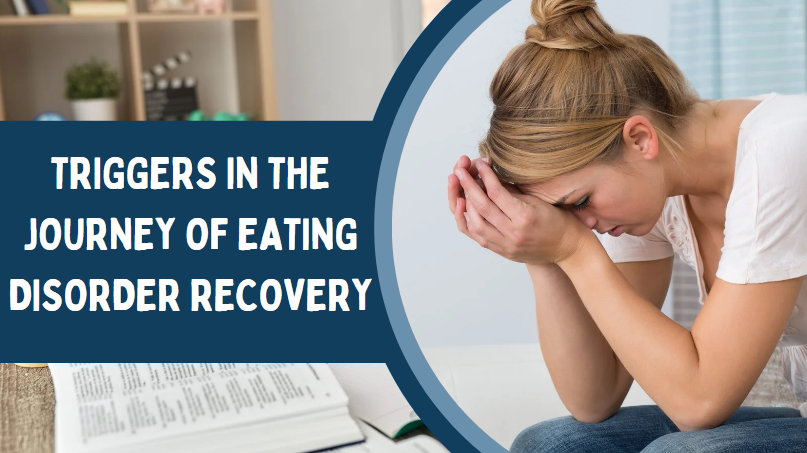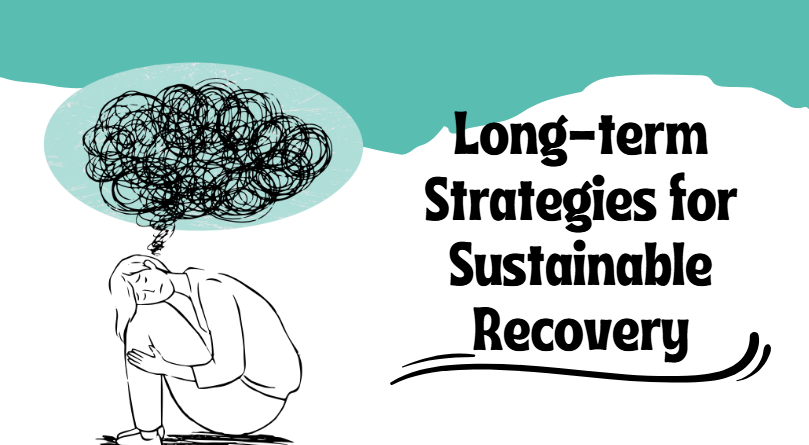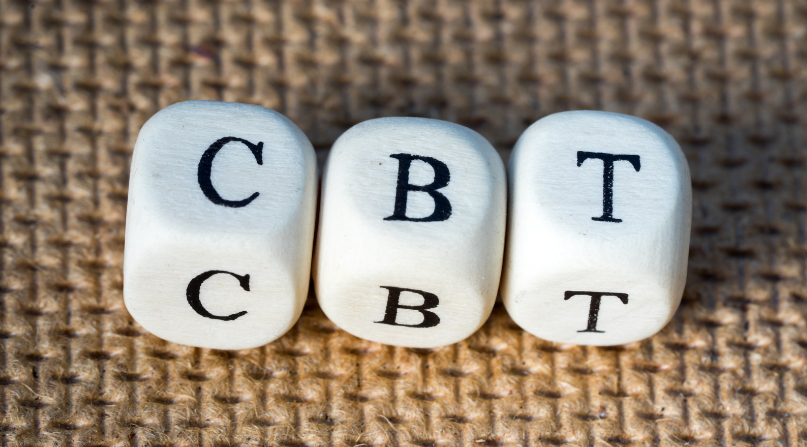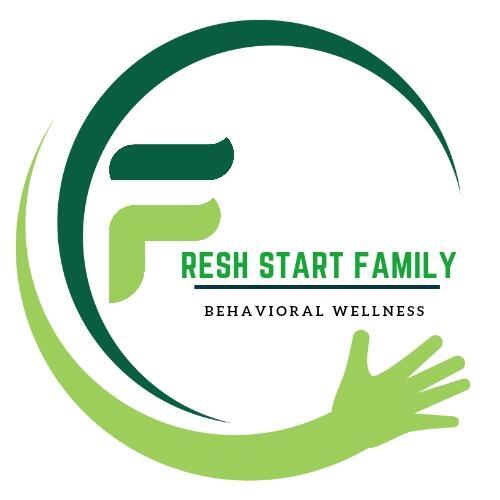Recovery from an eating disorder is a significant and commendable journey that impacts every aspect of your life. It’s a pathway to reclaiming not just your physical health but also your mental and emotional well-being. However, facing setbacks along this journey is an inevitable part of the process. These setbacks can be disheartening, making you feel like you’re taking two steps back for every step forward. This blog aims to provide effective solutions for overcoming these inevitable obstacles, helping you stay on course towards a healthier, more balanced life.
Understanding Setbacks in Eating Disorder Recovery
Setbacks in the context of eating disorder recovery are moments when you temporarily revert to old habits and behaviors that you have been working hard to overcome. These can include episodes of disordered eating, negative body image thoughts, or other unhealthy coping mechanisms. Setbacks are not a sign of failure; they are a common part of the recovery journey and can offer valuable insights into your triggers and vulnerabilities.
Identifying Triggers in the Journey of Eating Disorder Recovery

In recovery, internal and external triggers can resurface at any time, even after progress. These triggers may bring back harmful thoughts and behaviors, threatening your journey. While you can’t control every external factor, you can control how you respond. By identifying triggers early and developing strategies, you can stay on track and continue moving forward.
Triggers can come in many forms, and recognizing them is key to navigating recovery. Here are some common triggers that individuals may face:
- Body Image Issues: Seeing a reflection, weighing yourself, or scrolling through social media can bring up negative thoughts about your appearance, leading to insecurity or shame.
- Stress and Anxiety: High-stress situations—whether from work, school, or personal relationships—can create emotional pressure, which might trigger unhealthy coping mechanisms like restricting food intake or overeating.
- Dieting and Weight Loss Culture: Messages from the media, friends, or even family about dieting, weight loss, or “ideal” body types can trigger old patterns of disordered eating or body obsession.
- Certain Social Situations or People: Being around people who make negative comments about food, body image, or weight, or finding yourself in an environment that celebrates dieting, can increase feelings of self-doubt and tempt you to return to old behaviors.
- Emotional Distress: Feelings like sadness, loneliness, guilt, or anger often act as emotional triggers. In moments of vulnerability, the urge to turn to disordered eating behaviors can resurface as a means of numbing those feelings.
- Life Changes or Transitions: Big life events—such as a move, breakup, job change, or family conflict—can destabilize your sense of control and may trigger a return to eating disorder behaviors as a way to regain a sense of certainty.
- Health-Related Concerns: Experiencing weight fluctuations, health issues, or even receiving comments about your appearance can trigger negative thoughts and behaviors related to food and body image.
It’s essential to recognize that relapse is not uncommon and should be viewed as a learning opportunity rather than a step backward. Understanding these triggers and their impact on recovery can help you develop stronger coping strategies and resilience.
Strategies for Overcoming Setbacks

Setbacks in recovery can feel discouraging, but it’s important to remember that they are just a part of the journey. They don’t define your progress or your worth. The key is to embrace these moments as opportunities for growth, learning, and self-compassion. With the right strategies, you can rise stronger after each challenge.
1. Practice Self-Compassion and Patience
During setbacks, it’s easy to fall into self-criticism. But remember, struggling doesn’t mean you’re weak—it means you’re human. Embrace self-kindness during these times. Start by practicing mindfulness, which helps counter those harsh, negative thoughts that arise. Take a moment each day to focus on your breath and let go of judgment. Remind yourself: “I am enough just as I am” and “I’m proud of how far I’ve come.”
Recovery isn’t a straight line; it’s okay to stumble. Give yourself the grace to heal at your own pace. By practicing self-compassion, you not only reduce the shame that often accompanies setbacks but also nurture your mental and emotional well-being.
2. Seek Support: You Don’t Have to Go It Alone
Recovery is not meant to be a solo journey. Whether it’s a therapist, a close friend, or a support group, having someone to lean on can make all the difference. Don’t be afraid to ask for help when needed—people who care about you want to support you. Sharing your thoughts and struggles can create a sense of relief and connection.
As one person in recovery shared, “Having someone to talk to made all the difference when I felt lost. They reminded me that I wasn’t alone, giving me the strength to keep going.”
3. Revisit Your “Why”
When a setback happens, it’s easy to forget why you started your recovery journey in the first place. Reconnect with your motivations and remind yourself of your vision for your future. Write down your goals, what you want to achieve, and why you’ve committed to healing. Keep these reminders visible and return to them when the going gets tough. Whether reclaiming joy in life, strengthening relationships, or simply feeling at peace with your body, reaffirming your “why” will guide you toward healing.
4. Use Grounding Techniques for Overwhelming Emotions
When overwhelming emotions arise during recovery, grounding techniques can provide immediate relief and help you regain control. These practices guide you back to the present moment, reducing the intensity of negative feelings and breaking the cycle of distress.
- Deep Breathing: Slow, deep breaths help regulate your body’s stress response, calming your mind and nervous system. Focus on each inhale and exhale to anchor yourself in the present moment.
- Progressive Muscle Relaxation: Tense and release each muscle group, starting from your feet and working your way up. This practice releases physical tension and brings attention back to your body.
- Mindfulness: Engage in mindfulness by observing your thoughts and surroundings without judgment. This helps you distance yourself from intense emotions and stay rooted in the present.
- Sensory Grounding: Focus on the five senses. Look around, touch something, listen to sounds, smell something pleasant, or taste something to distract your focus from emotional overwhelm.
5. Rebuild Trust with Your Body
After a setback, rebuilding trust with your body is a crucial step in recovery. Start by gently nurturing yourself with small, healthy food choices and body-positive actions. Focus on intuitive eating—listening to your body’s natural hunger cues rather than following restrictive rules. Incorporate activities that make you feel good physically, whether it’s stretching, dancing, or just taking a walk. Over time, these positive steps will help you rediscover the harmony between your mind and body and reinforce a healthier, more compassionate relationship with yourself.
6. Re-establish Healthy Routines
Consistency is key when it comes to recovery. Establishing a simple daily routine can create stability and help you feel grounded. Make time for balanced meals, regular movement, and self-care practices, whether journaling, reading, or taking a moment for quiet reflection. Don’t focus on perfection—just show up for yourself each day. Tracking your progress without judgment helps build momentum and reinforces your commitment to healing.
Long-term Strategies for Sustainable Recovery

Through these long-term strategies, you’ll be better equipped to maintain your progress and embrace a healthier future.
1. Developing a Relapse Prevention Plan
Creating a relapse prevention plan is a cornerstone of sustainable recovery. Start by identifying your triggers—whether they are specific situations, emotions, or times of year that make you vulnerable. Once you know your triggers, develop action plans for different scenarios. For instance, if social gatherings are challenging, plan coping mechanisms such as having a supportive friend on standby or practicing self-soothing techniques beforehand.
2. Therapies and Counseling

Engaging in therapies and counseling can provide you with the structured support needed for long-term recovery.
- Cognitive Behavioral Therapy (CBT) is particularly effective in challenging and changing unhealthy thought patterns.
- Dialectical Behavioral Therapy (DBT) focuses on emotional regulation and mindfulness. Both therapies have proven benefits in eating disorder recovery.
- Additionally, individual and group therapy sessions should be considered to receive personalized attention and share experiences with others on a similar journey.
3. Nutritional Therapy
Working closely with dietitians specializing in eating disorders can help you rebuild a healthy relationship with food. Nutritional therapy aims to dispel myths about dieting and body image, providing you with balanced meal plans and education on nutrition. Learning to view food as fuel and pleasure rather than an enemy or a crutch will support your overall mental and physical health.
Final Thoughts
In your journey of eating disorder recovery, remember the importance of understanding setbacks, building a strong support system, and cultivating a positive mindset. Setbacks are a normal part of the process and do not define your path to healing. Stay committed to your recovery, knowing that each step forward is progress, no matter how small.
Reaching out for support is a courageous step, and Start Behavioral Wellness is here to assist you. Our team of professionals is committed to offering compassionate, confidential services that cater to your specific needs. Allow us to support you as you work towards healing and renewal. Remember, help is always available, and recovery is entirely possible. Stay strong and keep moving forward! Please contact us at 910-436-6495.

